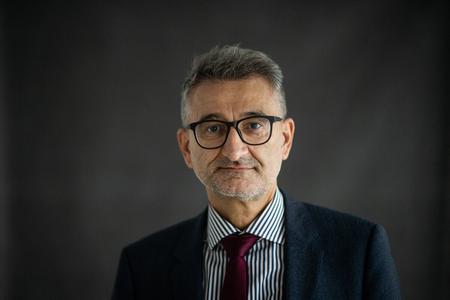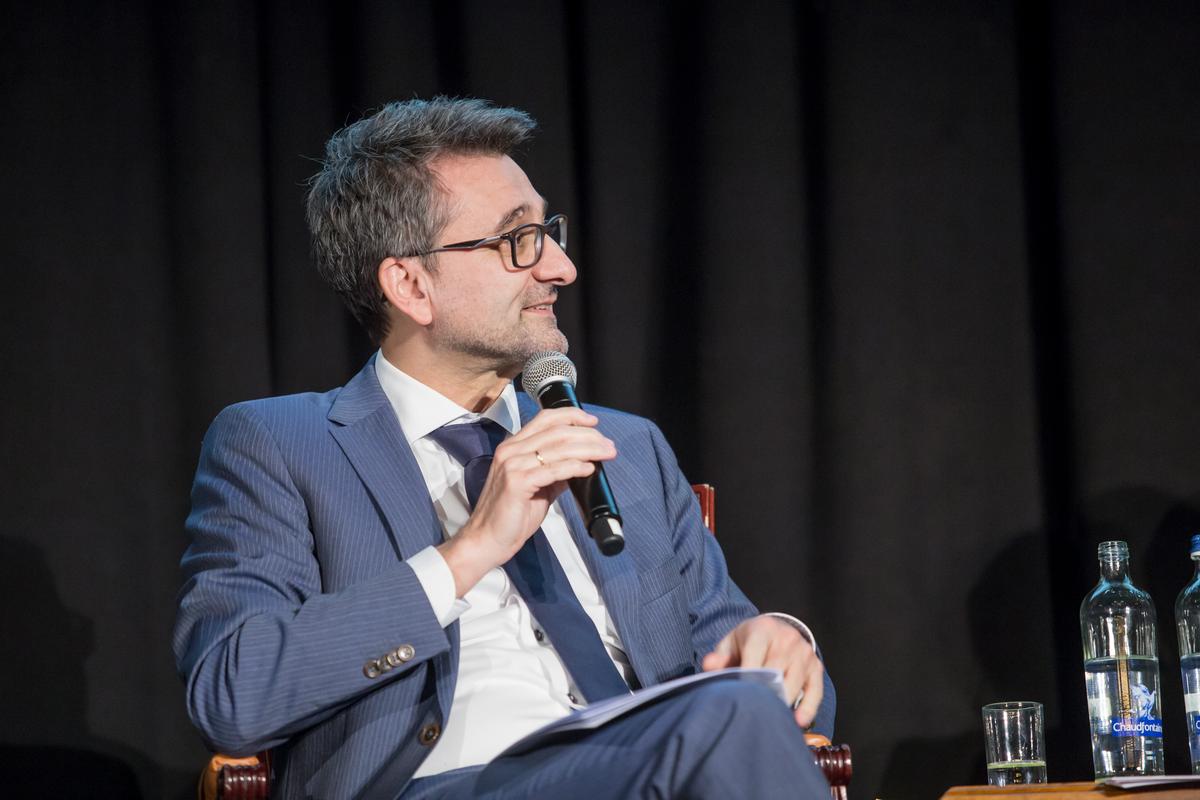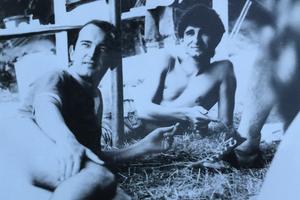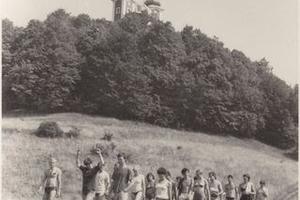Vladimír Šucha believes people need to do things that correspond with their abilities and the opportunities they have available. For him, the opportunities mainly materialised at the European level.
As the director of the Joint Research Centre of the European Commission, he contributed to efforts for the EU to always take science and research into account when shaping its policies. As the Commission’s expert on education and culture, Šucha was mainly looking at how the pandemic changed the two fields he considers essential for the development of any society.
“This is a moment in history that is going to determine the future development of Europe, Slovakia, and the world to a large extent,” Šucha told The Slovak Spectator.
On January 1, 2022 Šucha became the new head of the European Commission Representation in Slovakia. As he told The Slovak Spectator shorly after he took up the job, he and his team would like to bring people together and “destroy the polarising bubbles”.

“We want to simply show that we are much more than we think,” he said.
The active attitude he promotes is what Šucha learned very early on, during his student days under the Communist regime in former Czechoslovakia.
Early clash with totalitarian reality
Šucha was born in the central-Slovak town of Zvolen in 1961, into the loving family of a mother working as a secondary-school teacher and father as a construction engineer, who used to serve as the director of a local construction company. But as he was not aligned with the political ideology of the Communist Party, particularly after the 1968 invasion of the Warsaw Pact troops in 1968, he lost this job and was only allowed to work as a regular engineer.
This affected the opportunities of his son. Even though young Šucha received the highest possible marks during admission exams, he was not admitted to the gymnasium, just 300 metres from his house. For four years, he commuted to the one in Krupina, 30 kilometres away.
His family’s political burden, as it was viewed by the regime back then, was a factor in his choice of university studies. Young Šucha dreamed of becoming a doctor, but he knew he stood no chance. Inspired by a very good teacher of his, he opted for the geology programme at Comenius University in Bratislava instead.
That was when he learned that people could do great things even with limited abilities and in a limited space.
“We were powerless, but we did great things,” said Šucha. “Everybody has the capacity to do something.”


 Vladimír Šucha (source: Courtesy of Vladimír Šucha)
Vladimír Šucha (source: Courtesy of Vladimír Šucha)


